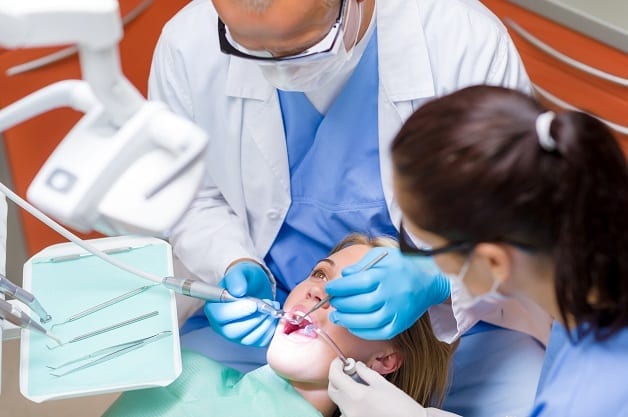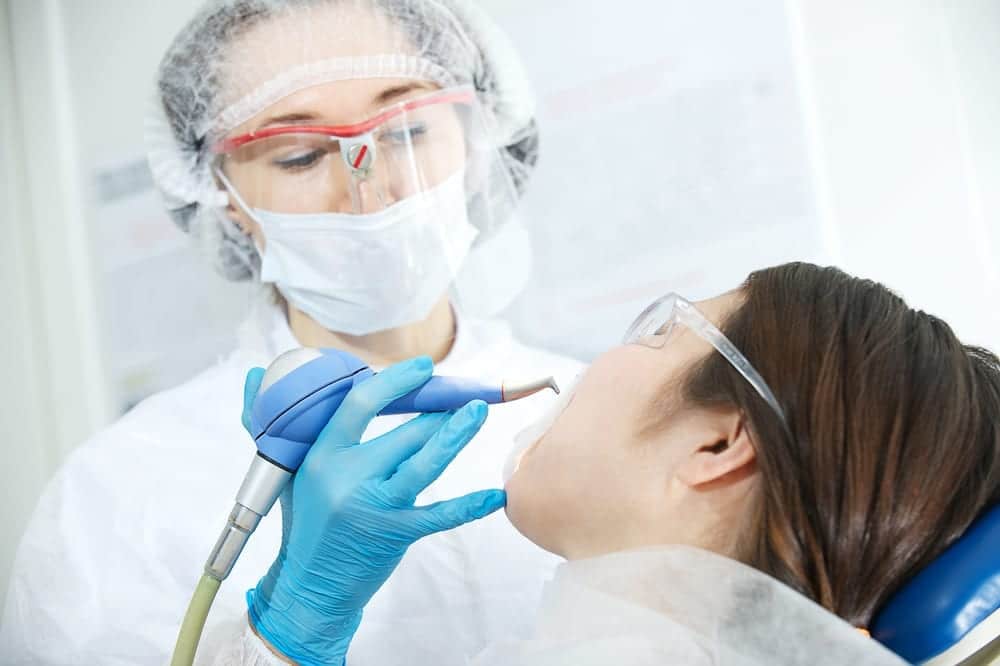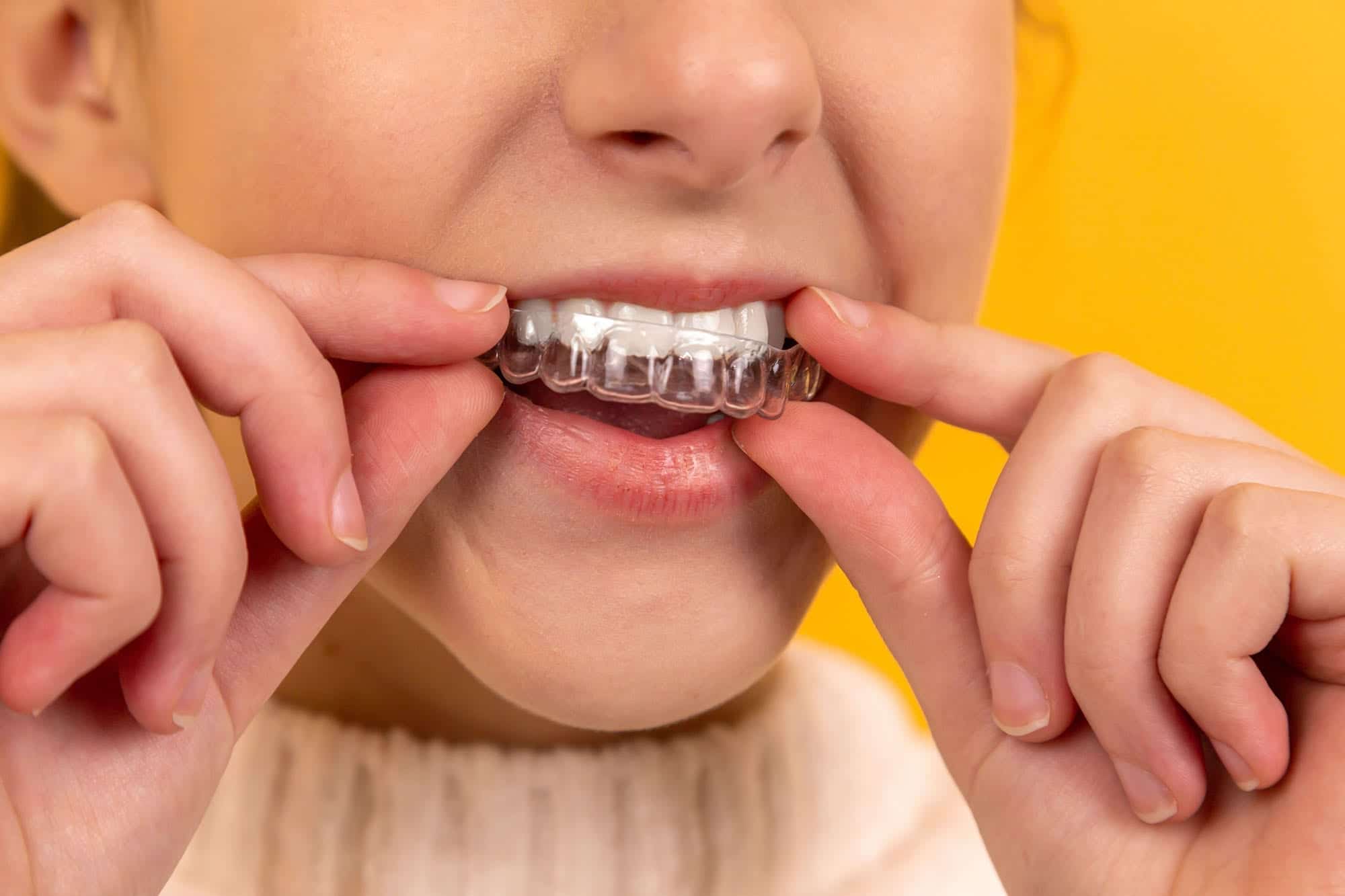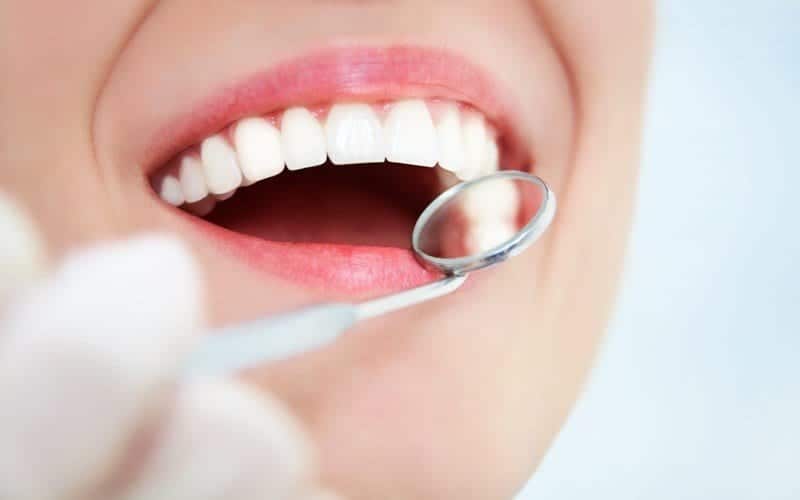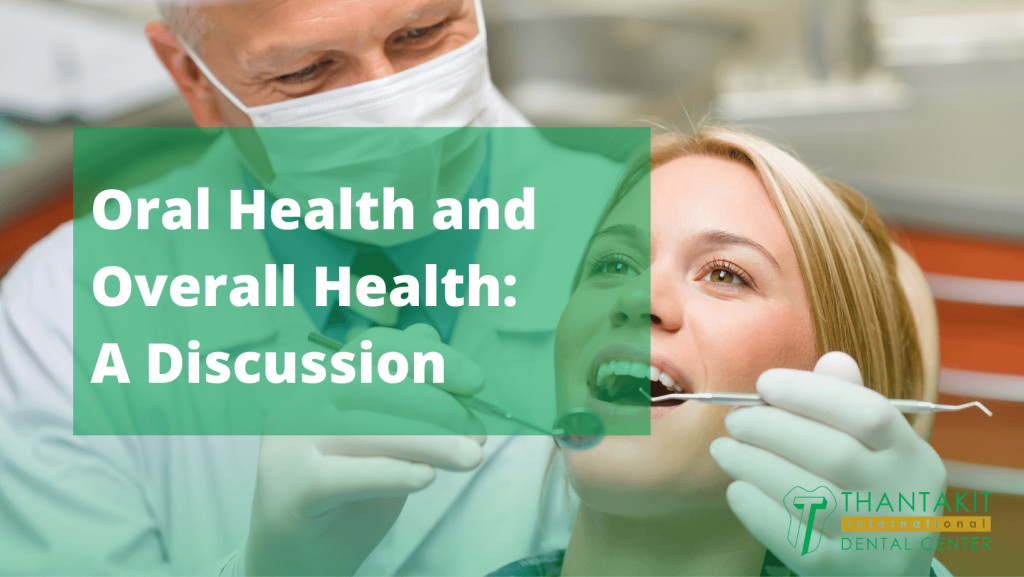Oral Health and Overall Health: A discussion on the connection between oral health and overall health, including how poor oral health can affect other parts of the body.
It’s your responsibility to brush your teeth and floss the gaps in between them daily. However, you might be unaware of how important this hygienic habit really is. It’s more than just cavity prevention and keeping a pearly white smile.
Keeping the mouth healthy can also impact the rest of your bodily health. Your overall well-being depends on teeth cleanliness without bacterial infections, gingivitis, and plaque.
Don’t forget to go to your local dentist or indulge in a dental tourism holiday in Thailand’s Thantakit International Dental Center for occasional dental cleanings once or twice every year.
Page Contents
The Link Between Oral Health and Overall Health
The link between oral and overall health is physical rather than metaphorical. You can consider the mouth as one of the primary gateways to the inside of your body along with your skin pores and your nostrils.
Your mouth is an extension of the rest of the body. The state of your mouth can clue the doctor or dentist in on what your overall health is when push comes to shove.
-
The Mouth is a Bacterial Petri Dish: Indeed, the mouth is the ideal place for bacteria to spread and become a thriving microscopic society of germs, whether they’re good or bad bacteria.
-
Six Million Oral Bacteria: Up to six million bacteria are present orally. Most of them are harmless but a lot of them aren’t. Thankfully, your body’s natural defenses can deal with most of them, but they can buckle or crack due to oral hygiene neglect and plaque formation.
-
Contaminated Bloodstream: The uncontrolled bacterial spread inside the mouth by not brushing and cleaning it regularly can have the overpopulation of germs enter your bloodstream and spread across other parts of your body.
-
Whole-Body Health through Good Oral Hygiene: Good oral hygiene is needed for the sake of maintaining both oral health and whole-body health. If you have gum and teeth problems, letting them worsen with carelessness can lead to other health concerns and complications like stroke and heart disease.
-
Compromising Your Immune System: Don’t overload your immune system with bacterial infections. You can also end up immunocompromised in the sense that your immune system is busy taking out bacterial fires all over your body.

Why Oral Health Matters
Overall health and oral health aren’t separate issues. They’re actually linked. The mouth is your primary access to oxygen and nutrition. Most every living being requires the mouth to survive.
Being toothless isn’t the worst thing that could happen to someone with bad oral hygiene. The rest of your body could also suffer.
If you want yourself to remain healthy, it starts with good oral hygiene. The distinction between oral and overall health has more to do with how healthcare is applied rather than the science itself.
In reality, your dental insurance should be included with your overall health insurance because your mouth isn’t actually separate from your body.
The doctor might be different from the dentist and your health insurance might not include dental insurance as part of the whole package. However, this separation is more capitalistic than realistic.
If you have poor oral health, you could end up with the following conditions.
-
Poor Dental Aesthetics and Bad Breath: You’ll get yellowed teeth and halitosis from poor oral hygiene.
-
Gingivitis: When bacteria infect your gums, it results in gum inflammation or a mild, early form of gum disease.
-
Tooth Decay: Your teeth could decay or develop dental caries or cavities (holes) from plaque and calculus formation.
-
Self-Esteem: Bad dental care can worsen your self-esteem because unhealthy teeth and gums can make you feel less confident about yourself.
-
Periodontal Disease: Gum infection can lead to gum inflammation, bone loss, and periodontal disease that then results in loose teeth and tooth loss.
-
Complications: You could suffer from bacterial infections in your bloodstream, stroke, and heart attacks, among many other health issues affecting the body.
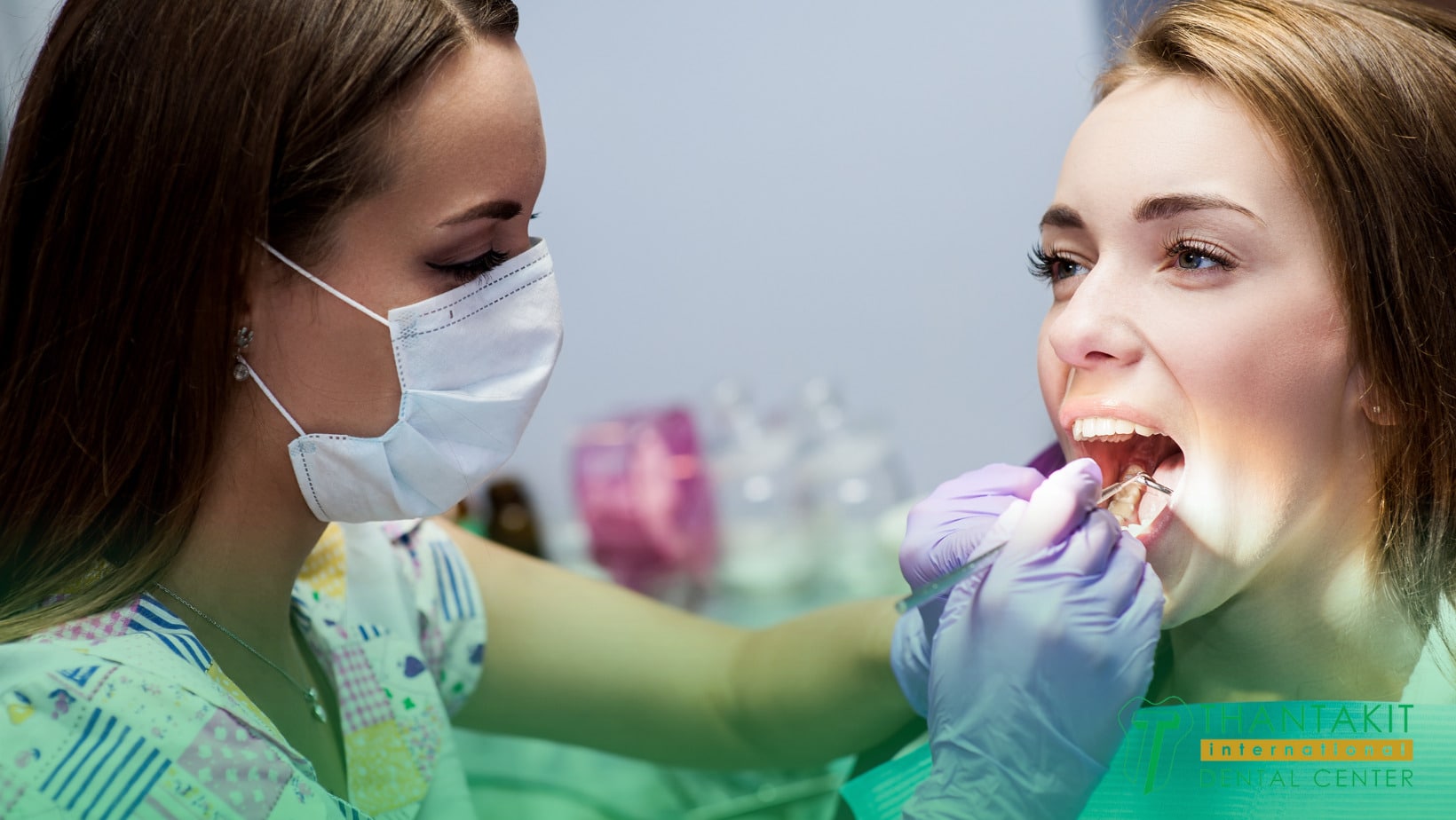
What Specifically Happens to Those with Poor Oral Health?
Beyond suffering from halitosis and discolored enamel, poor oral hygiene can also lead to quite a number of complications affecting other parts of your body or your body as a whole, including cardiovascular disease and related conditions.
-
Cardiovascular Disease: This is an umbrella term for a group of conditions relating to your blood vessels and heart. Having poor oral health can lead to complications related to cardiovascular disease, such as the following.
-
Coronary Artery Disease: Coronary artery disease is the most common heart disease type. This is a dangerous condition because it can lead to heart attack, heart failure, and death. In the U.S., it’s known as the leading cause of death.
-
Stroke: Studies show strong links between strokes and periodontal disease. You should avoid letting your gingivitis worsen to periodontitis to avoid elevating your stroke risk, particularly strokes linked to atherosclerosis.
-
Clogged Arteries: Aside from cholesterol, those with periodontal disease have a higher risk for atherosclerosis. Never mind plaque buildup on your teeth—it can also end up in your bloodstream and your arteries as well as the rest of your blood vessels.
Remember that even though cardiovascular and periodontal diseases are linked to one another, there’s no definitive evidence of one causing the other. It is okay to err on the side of caution and take care of your mouth to lower your complication risks though.
-
Endocarditis: If you suffer from heart disease and other related conditions, you’re in danger of developing endocarditis. This illness involves having your heart valve lining or even the heart chamber lining inflamed. It’s caused by a bacterial infection that you can get from a tooth extraction or oral infection.
Therefore, if you can lower your risk for tooth extractions or bacterial infections, you can also lower your risk for endocarditis. Healthy hearts don’t get affected by this issue, but if you have a genetic history of heart ailments, it can kill you.
-
Pregnancy and Birth Complications: Pregnant people have extra reason to take care of themselves and their body—it’s to protect both themselves and the unborn child. This includes taking care of their teeth, gums, and mouth.
For those who are pregnant, poor oral hygiene can lead to the following pregnancy and birth complications.
-
Stillbirth
-
Miscarriage
-
Preeclampsia
-
Low birth weight
-
Gestational diabetes
-
Fetal growth restriction
Such issues tend to happen because of the risk posed by a severely infected mouth having bacteria travel to the bloodstream and infect other parts of the body, including the womb and the child attached to the womb.
-
Pneumonia: You can develop pneumonia from oral issues. It has links to dental caries or teeth cavities. The bacteria that put holes in your teeth can also cause or worsen a lung infection.
Theoretically, the bacteria from your mouth can aspirate to your upper airway, all the way to your lungs. This can lead to pneumonia as the infection spreads from your oral or digestive system to your respiratory system.
It’s also much easier for other bacteria to give you pneumonia if you’re already immunocompromised from the bacteria coming from your mouth or spreading through your bloodstream.
-
Other Issues: You need a healthy mouth to eat. If you have missing teeth or lockjaw, your ability to consume meals will naturally be compromised. The act of eating is essential for your survival. You need a complete set of teeth and non-inflamed gums to ensure healthy eating.
If your cavities, plaque, and tartar are left untreated, you can end up suffering from malnutrition and stunted growth as a child. It can totally ruin your childhood development into maturity.
They can also cause the following issues.
-
Cellulitis
-
Gum disease
-
Facial swelling
-
Gingivitis and periodontitis
Meanwhile, the other diseases that can impact your oral health significantly include the following.
-
HIV/AIDS
-
Fibromyalgia
-
Prostate cancer
-
Alzheimer’s disease
-
Rheumatoid arthritis
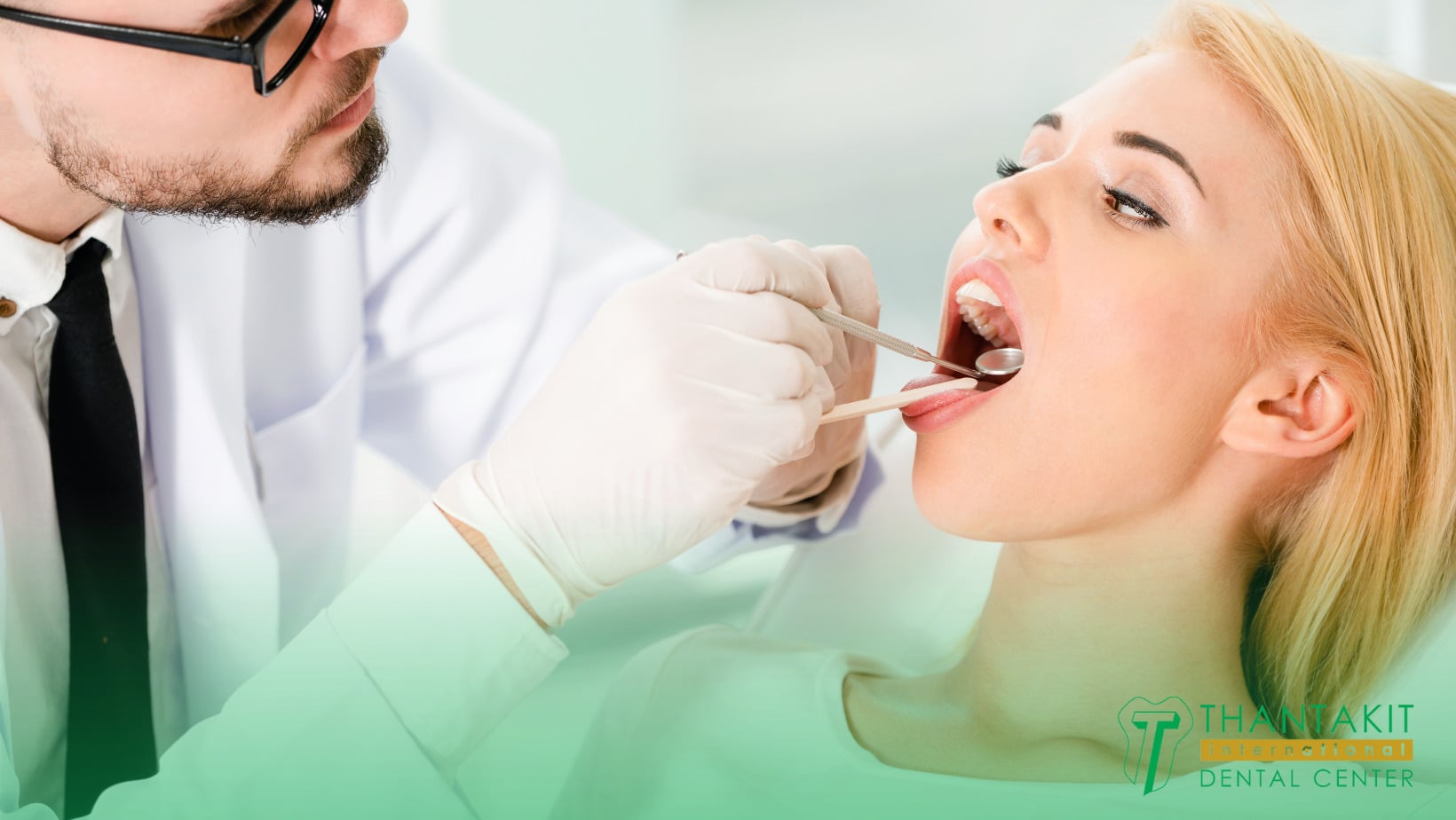
What are the Common Risk Factors of Bad Oral Health?
There are a number of common risk factors shared by periodontal disease and other systemic disorders that could develop from not brushing your teeth, flossing, or gargling mouthwash regularly. They include the following.
-
High Stress: Poor oral hygiene can impact those with high levels of stress.
-
Tobacco Use: If you’re a smoker, you should at the very least brush your teeth daily to avoid some significant health issues.
-
Excessive Alcohol Use: Alcoholics are particularly prone to periodontal and systemic diseases compared to non-alcoholics.
-
Poor Diet: A poor diet, especially one with high-sugar content, can impact those who don’t observe proper oral and dental hygiene daily. This usually results in plaque and tartar formation.
All of these risk factors can lead to cavities or periodontal disease. However, notably, they’re also potential sources for systemic health disorders.
Therefore, if you’re suffering from one or several of these factors, you might be prone to more severe bodily complications compared to others who lack these factors. You can also have risk factors for bad oral health rooted in your body’s individual response.
-
Genetics: Some people simply have more of a predisposition in developing periodontal disease and other systemic diseases than others.
-
The Human Body’s Response to Bacteria: This isn’t a risk factor that’s necessarily genetic. However, it does correlate to your body’s unique responses to a bacterial infection. Some patients deal with germs better than others.
-
Overreaction: There are patients who go overboard with their bacterial response, resulting in overreactions such as a severe allergic reaction that includes tissue damage and inflammation.
-
Underreaction: Other patients are more prone to infections because their immune system doesn’t react hard enough against bacteria until it gets particularly severe, resulting in an immunocompromised response.
-
Inflammatory Molecules: Inflammatory molecule levels such as C-reactive protein levels can go up due to the presence of periodontal and systemic diseases. Brush regularly to avoid both issues.
The Importance of Preventative Dental Care
A little prevention can go a long way and is much better than even a pound of cure. Preventing disasters involves less effort on your part, so avoid any whole-body complications due to dental neglect. Never let your guard down when it comes to your oral woes.
Furthermore, modern dentistry has become so advanced that it has become far less painful to you than the dentistry of your grandfather or forefathers.
-
Preventative Dental Care Benefits: Modern dental research claims that consistent preventative dental maintenance can assist in staving off or treating oral and gum diseases that have links to cardiovascular and coronary diseases.
Oral hygiene can also decrease your heart disease and diabetes risk. It even lowers potential complications to the unborn baby for good measure. Regular dental care can even help your self-esteem because aesthetically pleasing teeth and gums can boost your self-confidence.
-
The State of the Mouth Indicates Overall Health: To many dentists and doctors, your mouth can serve as an indicator of the state of your body’s overall health. According to the National Institutes of Health, 90 percent of all illnesses involve some sort of oral symptom.
For example, mucosal sores or lesions are common among people dealing with HIV or AIDS. Using consistent preventative dental care may assist in detecting these symptoms early and treating them at their mildest level, like in the case of HIV.
-
Preventative Dental Care Requires Less Effort: You should take care of your teeth and mouth every day to lower your risk for overall health degradation. This also ensures you won’t lose most of your adult teeth as you age.
It’s important to remember that periodontal disease is preventable by addressing it early on as mere gingivitis or at its mildest condition. Furthermore, 80 percent of children’s cavities can be avoided with the use of dental sealants.
-
Dental Care’s Impact Beyond Individual Health: Proper oral hygiene can impact you beyond just your overall health. Oral neglect can result in societal woes for the neglectful individual.
-
The Child’s Ability to Learn: A child’s bad oral habits can make him less engaged in learning, growth, and development because his distracting oral issues can result in an inability to focus, depression, and decreased appetite.
-
Poor School Performance for Children: Your child can end up compromising his learning performance and school attendance due to malnutrition from poor oral hygiene. Brushing his teeth regularly can spell the difference between a failing and a passing grade.
-
Poor Oral Care into Adulthood: Adults who don’t take care of their teeth have to deal with the painful progression of dental or periodontal disease, missed workdays, expensive dental work, hospitalization, and the loss of permanent teeth.
-
Save Huge Amounts of Money on Dental Work: For every dollar you spend on preventative dental care, you can save upwards of $8 to $50 on restorative and emergency treatments, particularly from crowns, dentures, bridges, and dental implants.
If it’s already too late for you and you’re now in need of expensive restorative dental treatment regardless, you can also save a significant amount of money by partaking in Thailand dental tourism.
The Thantakit Dental Center in Thailand can give you dental implant and root canal prices so affordable they’re still cheaper than local services even when you take travel and hotel costs into consideration.

Take Care of Your Oral Health
You should take better care of your oral health and learn to stop fearing dentists. They’re only looking out for you so that you’d end up with a brighter smile and a hopefully extended lifespan.
Meanwhile, you can avail yourself of the best internationally trained dental doctors, specialists, and general practitioners at Thantakit International Dental Center.
Their affordable dental procedures ensure you’ll get a clean bill of health from your mouth to the rest of your body. Try out some Thailand dental tourism yourself in case you lack dental insurance coverage.
Thantakit International Dental Center is Thailand’s longest established dental center. Situated in Bangkok, our clinic is renowned across the world as a destination for world-class dentistry, with most of our patients flying to us from Australia.
Just contact us today and get a FREE dental consultation!



